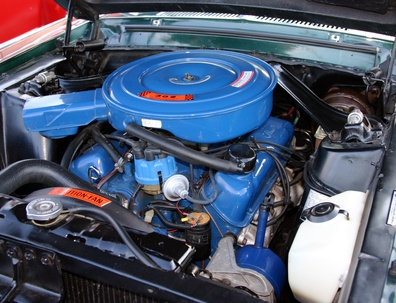
An engine flush is performed on automobiles by pouring a chemical solvent through the engine to flush out the sludge that accumulates as the engine burns fuel. However, many of the top automobile brand dealers are cautioning car owners against this maintenance method, especially as it poses certain damage to the internal engine.
The most common danger of engine flushes is complete engine breakdown. This is ironic, especially since the pioneers in engine flushing systems, Motorlife, say that routine engine flushing improves an automobile engine's overall performance, restores its efficiency and prolongs its life. According to Chris Martin of America Honda Public Relations, a car engine is most likely to suffer engine damage immediately after an engine flush. Several incidents involving auto maintenance chains such as Jiffy Lube and EZLube gave evidence of this, including customer Pat Marriott of Kansas City, who claimed that a Jiffy Lube engine flush service caused $5,000 worth of damage to his Nissan Sentra.
According to an undercover investigative report by NBC Los Angeles on Jiffy Lube's engine flushes, the chemicals used for the engine flush are meant to break-down the sludgy deposits that build up inside a car's engine. However, the debris or sediment from the flush procedure could end up clogging other parts of the engine and cause further damage. For this reason, many major car dealers such as General Motors and Ford, among others, do not cover damages caused by engine flushes in their warranties. However, during NBC's undercover investigation, some auto technicians suggested flushing the engine anyway, claiming that car manufacturer's recommend doing so, which is not the case.
In February 2009, Hyundai Motors issued a technical service bulletin that recommends against engine flushing for all Hyundai models. The reason: the method and proprietary chemicals used in flushing engines can cause internal damage, specifically to engine seals and bearings. Damages to these parts can result in dangerous oil and lubricant leaks. In fact, Popular Mechanics, an online magazine, lists engine flushes as one of the top five unnecessary car maintenance procedures because an unusually dirty engine is not a normal problem.